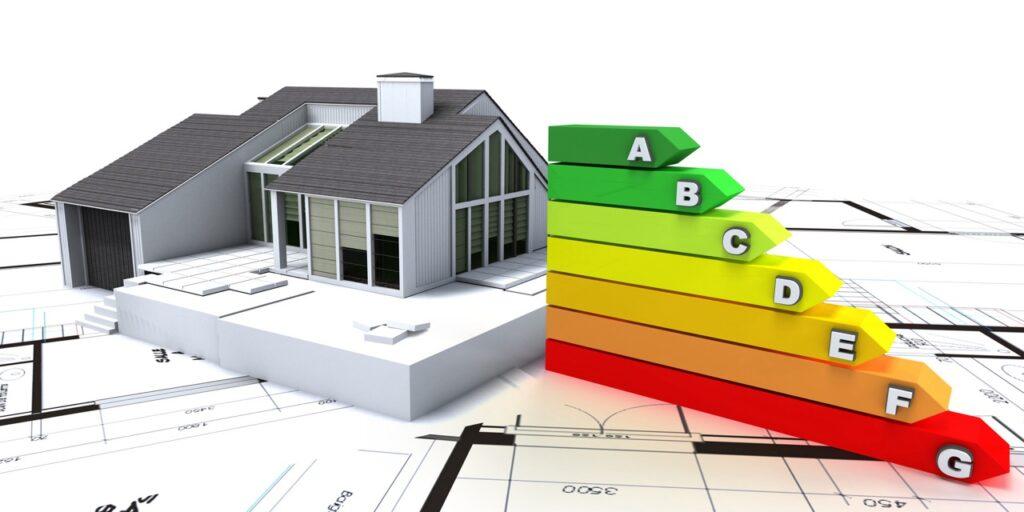In a world where energy efficiency and cost savings are paramount, the federal Inflation Reduction Act of 2022 (“IRA”) has brought welcome news for homeowners. This act provides a significant opportunity for taxpayers to claim substantial credits for weatherization improvements in their homes, including insulation and air sealing. The key takeaway is that the IRA allows individuals to offset up to $1,200 annually for these energy-saving enhancements. However, it’s crucial to note that this credit is specifically designated for the cost of materials used in weatherization improvements and does not cover labor costs. To shed light on this valuable opportunity, we want to explore the implications of the IRA and how it intersects with the Mass Save program.

The Intersection of IRA and Mass Save
For those familiar with the Mass Save program, you understand its commitment to enhancing energy efficiency and reducing utility costs for Massachusetts residents. The Mass Save program is a collaboration between the Massachusetts Department of Energy Resources and program sponsors, including leading utility companies in the state. Through Mass Save, eligible homeowners receive a no-cost home energy assessment and valuable guidance on curbing energy consumption. Additionally, Mass Save offers incentives, rebates, and resources to support energy-efficient home improvements. With IRA in the picture, these improvements can be even more financially appealing.
How the IRA Works
Let’s delve into the specifics of the IRA and its implications for homeowners looking to fortify their homes against energy waste. The IRA introduces two noteworthy tax credits: the 25C Energy Efficient Home Improvement Credit and the 25D Residential Clean Energy Property Credit. These credits are designed to incentivize electrification and energy efficiency upgrades, ultimately reducing the overall cost of qualifying improvements.
- 25C Energy Efficient Home Improvement Credit:
- Annual Credit Cap: $3,200.
- Eligible Upgrades Include:
- Heat pumps, heat pump water heaters, electrical panel upgrades, select weatherization measures, and energy audits.
- Specifics:
- Air source heat pumps and heat pump water heaters are now eligible for a tax credit of up to $2,000 annually.
- Electrical panel upgrades, if installed alongside a heat pump or heat pump water heater, can secure a tax credit of up to $600.
- This credit is not a one-time deal; it resets each year, providing opportunities for ongoing upgrades.
- It is nonrefundable, so households must have sufficient tax liability to offset the credit.
- 25D Residential Clean Energy Property Credit:
- Annual Credit Cap: Uncapped at 30%.
- Eligible Upgrades Include:
- Rooftop solar, battery storage (starting in 2023), and geothermal heating. Additionally, electrical panel upgrades qualify if they enable another eligible energy installation.
Key Takeaways and FAQs about the Inflation Reduction Act:
- Retroactivity: The tax credits, 25C and 25D, became available starting January 1, 2023. So, if you installed rooftop solar in 2022, it is eligible for the new 30% 25D tax credit.
- Reducing Up-Front Costs: While these credits do not directly reduce initial consumer costs, they significantly decrease overall expenses.
- Renters and Credits: Yes, renters can utilize these credits. Portable, window-unit heat pumps may become especially appealing once relevant efficiency standards are established.
- Qualification: Anyone with adequate tax liability can qualify for these credits.
- Stacking with Other Incentives: The credits can be combined with other federal incentives like HEEHR and HOMES rebates, reducing the net cost of qualifying equipment and upgrades.
- Electrical Panel Upgrades: They are covered if installed alongside and enabling another eligible energy installation.
- Smart Panels: They qualify as long as they have a rated capacity of at least 200 amps.
- New Construction: 25C does not apply to new construction, but 25D does.
- Heat Pump Categories: 25C covers air-source heat pumps, while 25D covers geothermal heat pumps.
- Efficiency Requirements: 25C has efficiency requirements applicable to heat pumps and heat pump water heaters.
- Annual Reset: 25C resets yearly, allowing households to use it for multiple upgrades across years.
Unlock Your Home Energy Efficiency and Savings
The Inflation Reduction Act of 2022 brings exciting opportunities for homeowners in Massachusetts. By combining the benefits of the Mass Save program with the newly introduced tax credits under IRA, you can make your home more energy-efficient while enjoying substantial financial savings. This synergistic approach not only reduces your environmental footprint but also contributes to a more comfortable and cost-effective living space. As you embark on your journey towards a greener and more efficient home, don’t forget to explore these valuable incentives and consult a tax professional to maximize your savings potential.
For more information on the IRS guidelines and details regarding these tax credits, visit the IRS website.
Taking the Next Step Toward Home Energy Efficiency
Energy Geeks works with Mass Save. If you’d like more information on how you can minimize energy consumption and maximize savings while making your home more comfortable all year round, then contact Energy Geeks. Our mission is to provide the most comprehensive and efficient solutions to reduce energy use in your home.
Call: 401-766-1540 | 508-444-9800 | Get No Cost Estimate

Note: This article does not constitute tax or legal advice. It is essential to consult with a tax professional for personalized guidance on claiming the Energy Efficient Home Improvement Credit.

